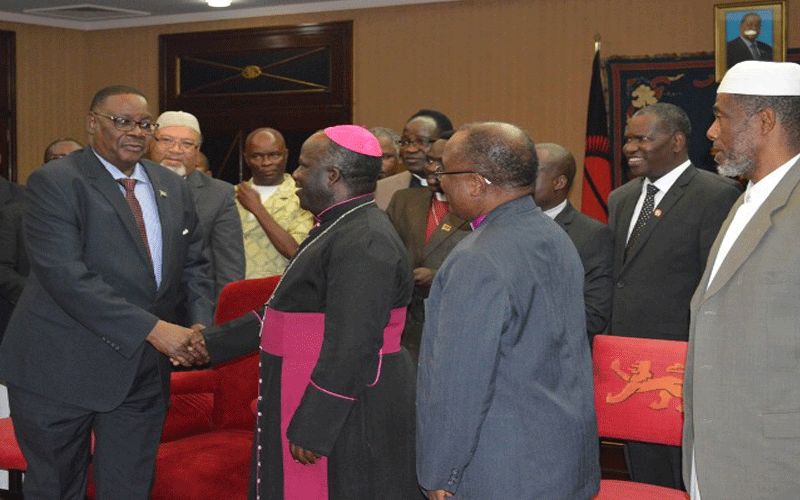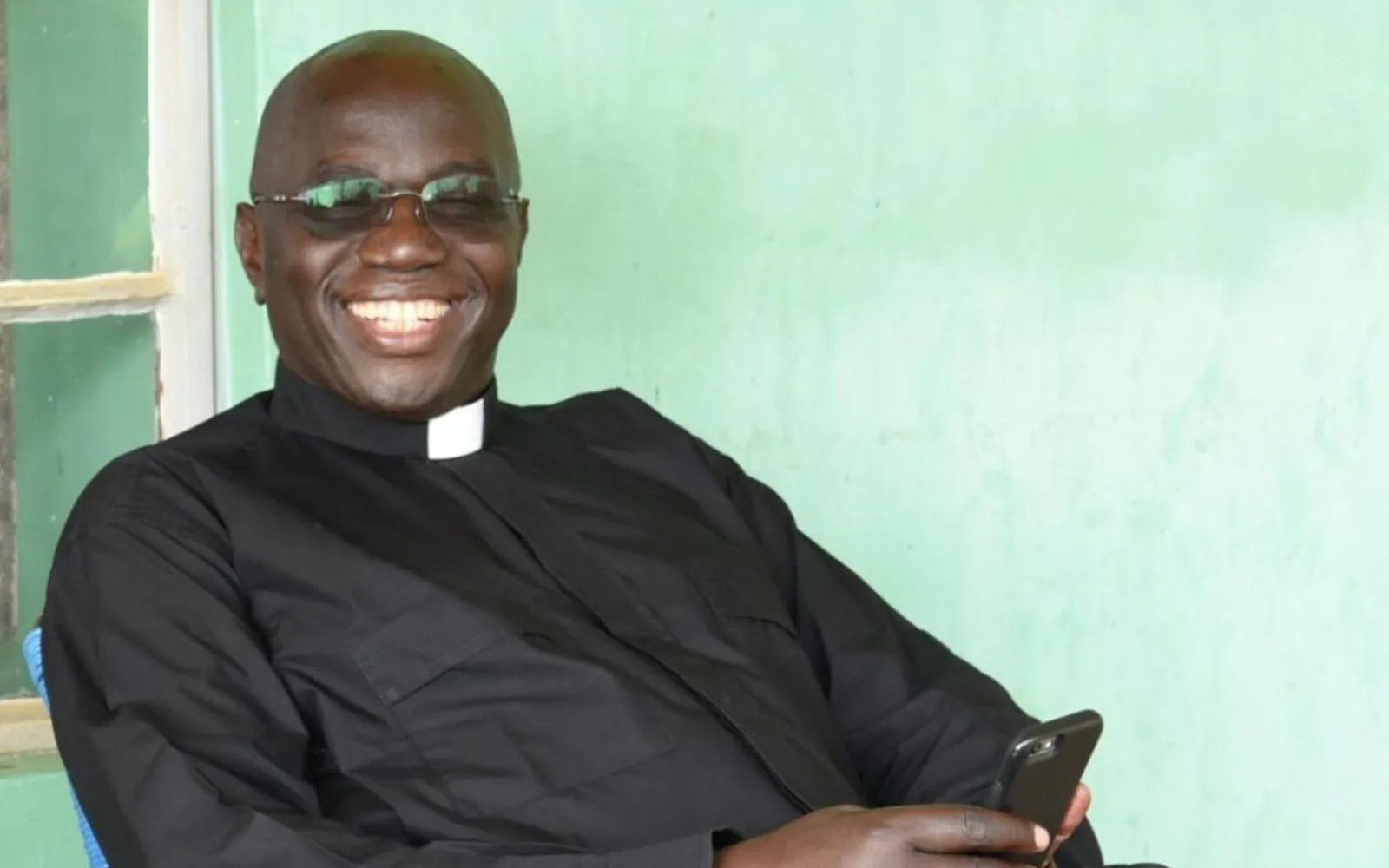Blantyre, 23 October, 2019 / 11:38 pm (ACI Africa).
The March 2018 unexpected decision by Kenya’s President Uhuru Kenyatta and main leader of opposition coalition Raila Odinga to put their differences aside and unite through a “Handshake” that restored peace in the East African nation after months of divisive post-elections politics has inspired religious leaders in Malawi.
The religious leaders who have been meeting to seek ways to restore peace are calling on political rivals in their country to come together in the interest of moving the landlocked southeastern African country experiencing months of post-election turmoil back on its two feet.
“We are encouraging a “Handshake” between the government and other political party leaders,” the chairman of the mediation team in Malawi, Archbishop Thomas Luke Msusa told ACI Africa.
“We want the political leadership to take the example of handshake that was done in Kenya to help the country,” Archbishop Msusa added, recalling the cessation of hostilities following the coming together of Kenya’s key political rivals after two disputed and quite divisive 2017 elections.
Malawi has been witnessing divisions and unrest that take the form of violence following the May 21 disputed elections that saw the Malawi Electoral Commission (MEC) declare the incumbent President Peter Mutharika winner with a narrow margin








